Diabetes is a growing concern for many, and while medication can help, natural prevention through diet is a powerful strategy. Incorporating specific foods into your meals can help regulate blood sugar levels and improve overall health. Here are 11 foods that are particularly beneficial in preventing diabetes.
Blueberries
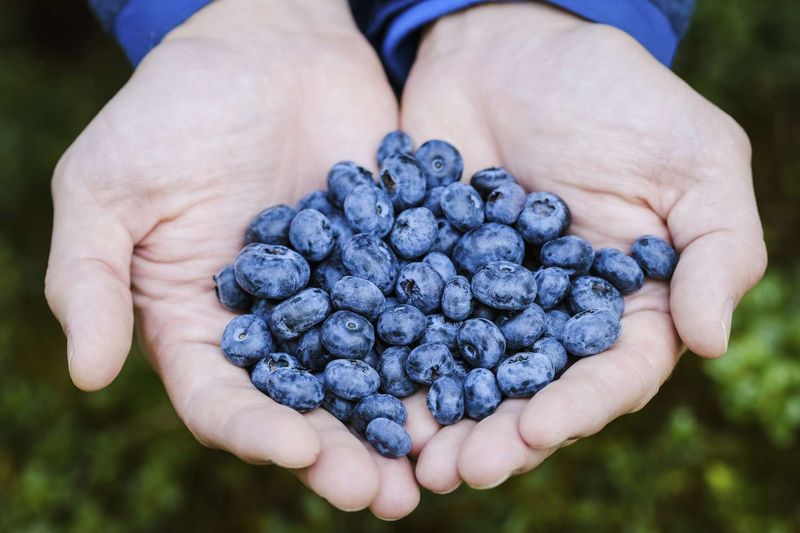
Packed with antioxidants, blueberries are a small fruit with mighty benefits. They contain anthocyanins, compounds that have been linked to improved insulin sensitivity. Adding a handful of these vibrant berries to your morning cereal or smoothie can be a sweet way to start your day.
Their deep blue hue is not just for show; it signifies the presence of powerful nutrients. Enjoy them fresh, frozen, or dried as a snack or in various dishes. Remember, it’s not just their taste that’s delightful, but their health benefits too.
Fun fact: Native to North America, blueberries were cherished by Indigenous peoples for their medicinal properties.
Spinach
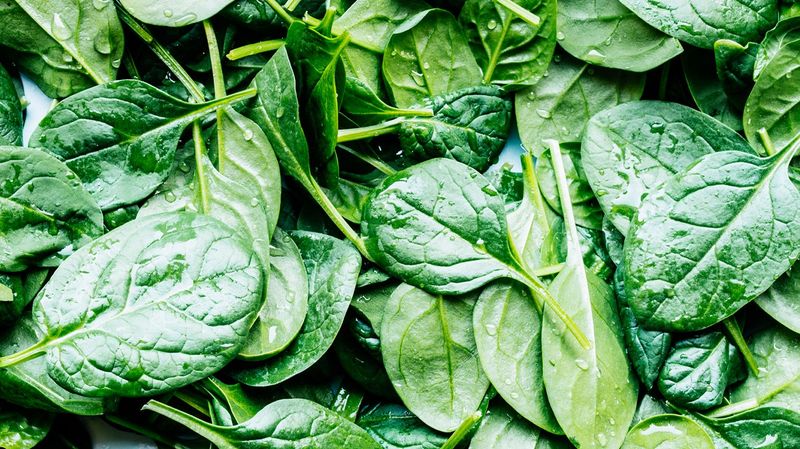
Spinach, the leafy green, is a nutritional powerhouse. Rich in magnesium, it plays a critical role in how effectively the body uses insulin. Whether you enjoy it raw in a salad or cooked in a dish, spinach is versatile and easy to incorporate into meals.
The vibrant green leaves are as nutritious as they are appealing. Add them to your omelet or smoothie for an extra health boost. Spinach is more than just a side dish; it’s a staple for health enthusiasts.
Did you know? Popeye’s love for spinach is based on its real-life benefits for strength and vitality.
Almonds
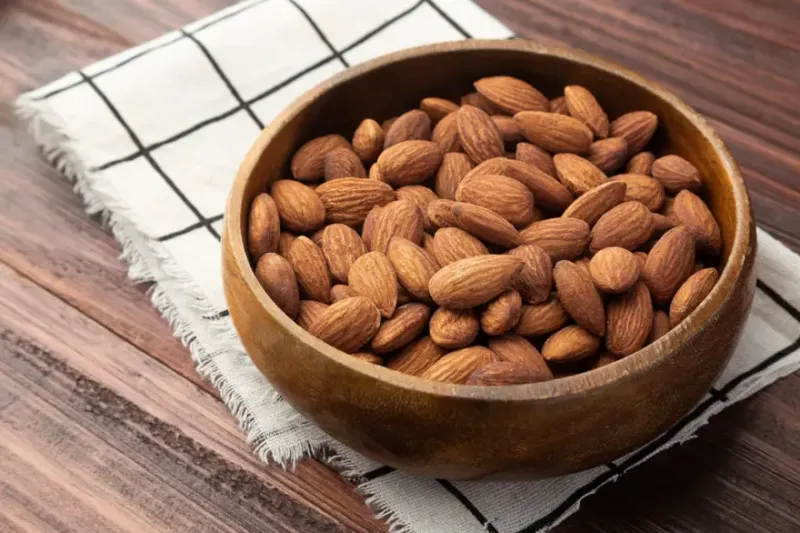
Crunchy and satisfying, almonds are an excellent snack for those looking to prevent diabetes. These nuts have a low glycemic index and are rich in healthy fats, which help maintain stable blood sugar levels.
A small handful can provide a quick energy boost without spiking insulin. Whether eaten raw or added to dishes, almonds bring both taste and health benefits.
Their versatility makes them a favorite in many cuisines. Fun fact: Almond trees are native to the Middle East and South Asia and have been cultivated for thousands of years.
Sweet Potatoes
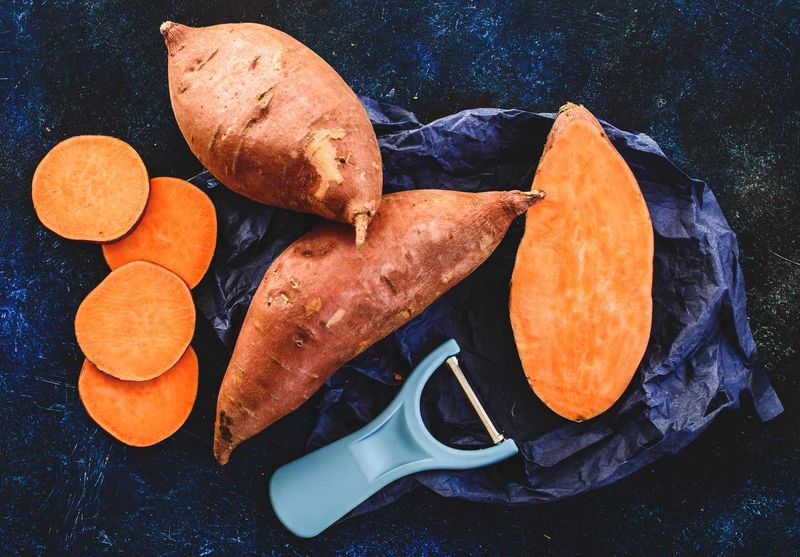
Sweet potatoes are not just a sweeter alternative; they are a nutritious option for those monitoring their blood sugar. Rich in fiber, vitamins, and antioxidants, they provide a steady release of energy.
Their natural sweetness allows them to be a versatile ingredient in both sweet and savory dishes. Roast, mash, or bake them for a delicious and healthy meal.
With origins in Central and South America, sweet potatoes have been a staple in diets for centuries. They’re not only delicious but also beneficial for glucose control.
Quinoa
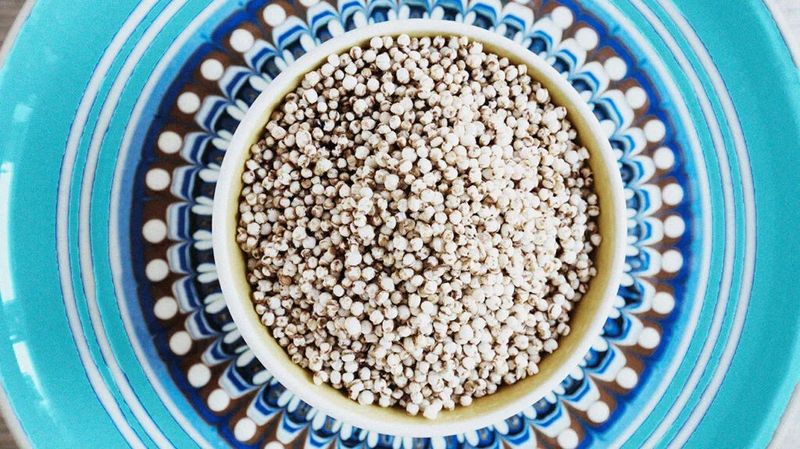
Once considered the “gold of the Incas,” quinoa is a protein-rich grain that provides all nine essential amino acids. Its low glycemic index means it won’t cause blood sugar spikes, making it ideal for those watching their glucose.
Use it as a base for salads, bowls, or as an alternative to rice. Quinoa is easy to cook and can be flavored in numerous ways.
Did you know? Quinoa is actually a seed, not a grain, and is native to the Andean region of South America. It’s a nutrient-dense option for meals.
Avocado
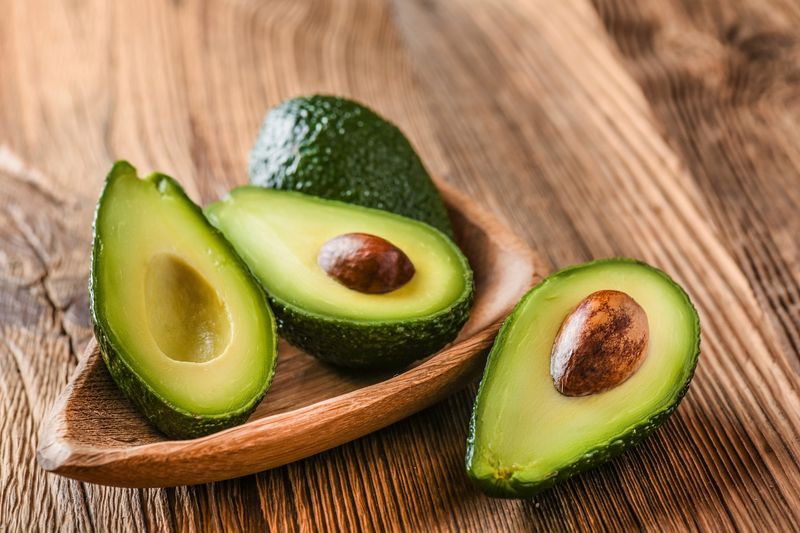
Creamy and delicious, avocados are rich in healthy fats that are beneficial for heart health and blood sugar control. Their monounsaturated fat content helps improve insulin sensitivity.
Spread it on toast, add it to salads, or blend it into smoothies for a nutritious boost. The versatility of avocado makes it a favorite among many.
Fun fact: Avocados are a fruit, not a vegetable, and they have been cultivated since ancient times in Central and South America. They offer both flavor and health benefits.
Cinnamon
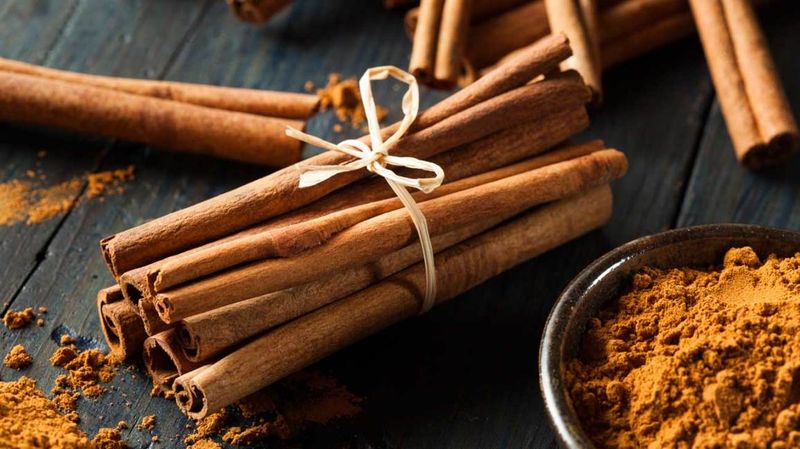
Spicy and aromatic, cinnamon is more than just a flavor enhancer; it’s known for its ability to help regulate blood sugar levels. Adding a sprinkle to your food can enhance both taste and health.
Use it in baking, cooking, or even your morning coffee. Cinnamon adds warmth and sweetness without the added calories.
This spice has a rich history, being highly prized in ancient trade routes. Its benefits go beyond taste, offering support in blood sugar management.
Broccoli
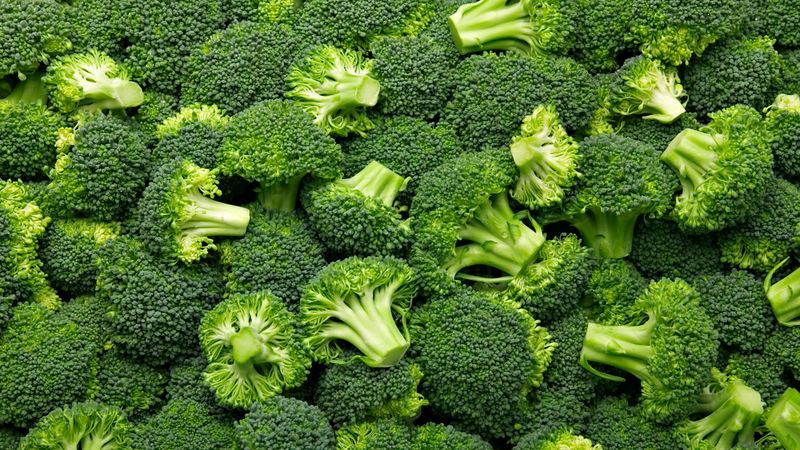
Broccoli is a cruciferous vegetable that stands out for its health benefits. Packed with vitamins and minerals, it plays a role in enhancing insulin regulation.
Whether steamed, roasted, or raw, broccoli is a versatile addition to any meal. Its crunchy texture and earthy flavor make it a delightful component of a balanced diet.
Did you know? Broccoli was developed from a wild cabbage plant native to Europe. It’s been cultivated for its nutritional profile for centuries.
Beans
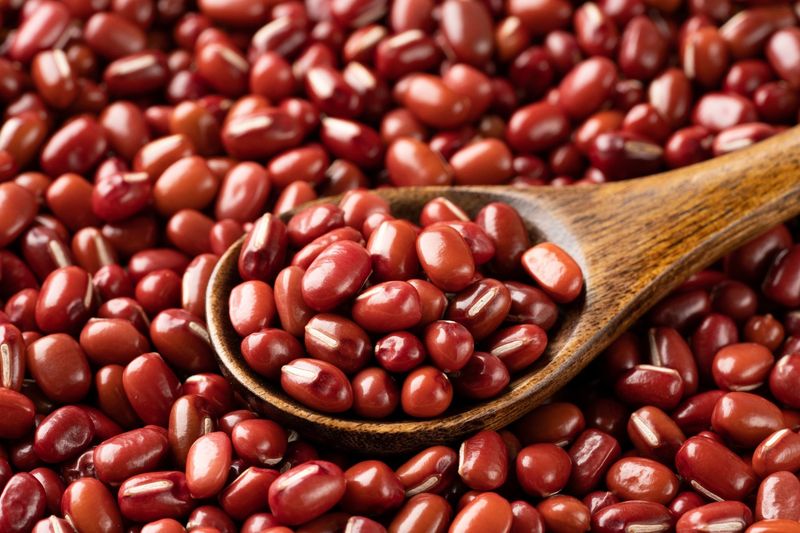
Beans are a fantastic source of protein and fiber, making them excellent for blood sugar control. Their low glycemic index means they release energy slowly, preventing sudden spikes.
Incorporate beans into soups, salads, or stews for a hearty and healthy meal. Their versatility makes them easy to include in any diet.
Fun fact: Beans have been a staple food in many cultures for thousands of years, known for their ability to enrich diets with essential nutrients.
Chia Seeds

Tiny yet powerful, chia seeds are rich in fiber and omega-3 fatty acids. These nutrients are essential for maintaining healthy blood sugar levels and overall wellness.
Add them to smoothies, oatmeal, or yogurt for a nutritional boost. Their gel-like consistency when soaked makes them a unique ingredient.
Did you know? Chia seeds were once a vital food for the Aztecs and Mayans, prized for their energy-boosting properties.
Turmeric
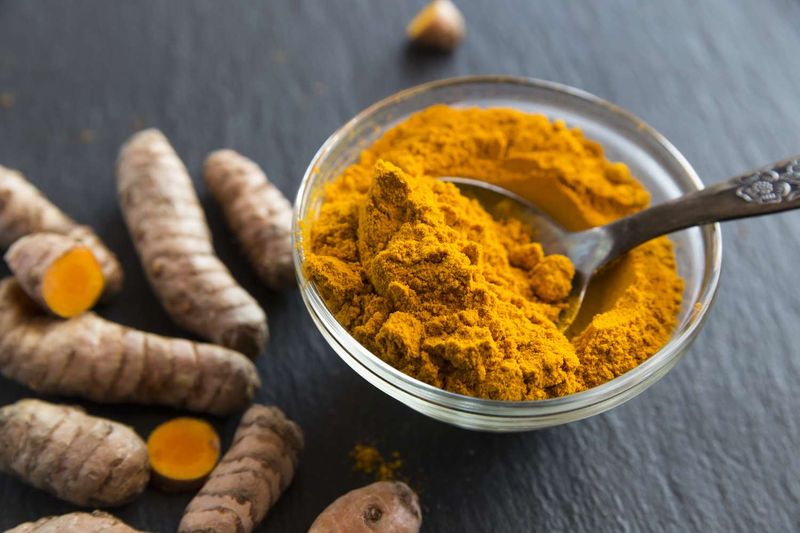
Known for its vibrant color and anti-inflammatory properties, turmeric is a spice that can aid in diabetes prevention. Curcumin, its active ingredient, helps in managing blood sugar levels.
Incorporate turmeric into curries, teas, or golden milk for its health benefits and flavor. Its earthy taste can enhance many recipes.
Fun fact: Turmeric has been used in traditional medicine for centuries. It’s not just a spice, but a powerful tool for health improvement.
Leave a comment